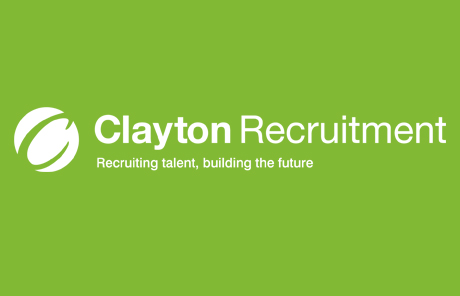
Seal the deal with a tempting employment offer
- August 6, 2018
You have interviewed the perfect match and you want to be sure that the offer you put in front of the candidate is tempting enough for them to bite the first time. How can you be sure that they’re as enthusiastic as you are? When you’ve worked so hard to recruit the ideal candidate you want to get them into the role without delay.
This guide gives you the lowdown on putting the right offer together handling the offer stage efficiently, effectively, ending with you employing the very best talent for your business.
Communication
According to research carried out by CareerArc, 60% of candidates think that better employer communication would improve their experience. Don’t leave your candidates guessing what might happen: explain the next steps at the interview stage, manage their expectations and ensure that if you say you will follow up by a certain date, you do – even if it’s just to say that there’s no decision yet.
When you’re ready to make an offer, a phone call will give you another chance to speak with the candidate and gauge their interest level. If they seem pleased and verbally accept an offer of employment, you can feel reassured that it’s the right time to make a written offer.
Speed
As with communication, the speed with which an offer is made affects the employee experience. And even if you decide not to make an offer, let the candidates who interviewed know. CareerArc also found that those who never heard about a job were three and a half times less likely to apply to that business again. A week allows time to consider your options, two weeks might see the candidate starting to lose interest.
It’s also a good idea to stipulate how long the offer of employment stands for. Seven days is usual, although you may wish to adjust this as per your company’s circumstances. If a candidate hasn’t accepted within a week, it could well signal that they weren’t quite as bought in as you’d hoped.
Use employer branding to your advantage
Treat your employees – and potential employees – as you would your clients. Demonstrate why it’s so good to work with you and what other employees have gained, both professionally and personally, from working for your business. Not only will a strong employer brand attract candidates to you, it’ll encourage them to accept your offer, and it will also help to retain them once they come on board. Check out our extensive guide for more on employer branding and why it’s so important.
Avoid the minefield of counter offers
You’ve found an outstanding candidate, made an offer and are eagerly awaiting them to return their signed contract. What you get in return is a counter offer. Maybe the candidate has had more money offered by their current employer or a competitor. Maybe they’re requesting a more extensive benefits package. Counter offers aren’t the end of the world and can be very revealing about what motivates the candidate you’re interested in.
But don’t get drawn into a bidding war. You may win the battle, although candidate indecision raises a red flag, and if they are playing off two parties for their own gain it begs the question as to whether they’re the kind of team player you want in your business. A trusted recruitment partner will be able to screen candidates for motive initially, which will help to avoid a counter-offer situation and make a first initial successful offer considering all motivations.
Non-starters
It’s frustrating, although keep it in perspective and remember that life happens. Give the benefit of the doubt to the candidate and – maddening though it may be – resist the urge to go in guns blazing if someone doesn’t show as there may be a simple explanation. And keep your employer brand in mind: if the candidate has a bad experience they’ll tell their network and that might make recruitment difficult in future.
The best offer
All stages of the recruitment process require careful thought and planning, and none more so than the offers stage. This crucial final hurdle to placing the right candidate decides the success of the whole operation.
If you’re in need of some support in navigating this – or any – stage of your recruitment process why not contact Clayton Recruitment, either online using our call scheduling service or contact form.
Alternatively, you can phone us on 01772 259 121 – we’d be happy to help you seal the deal with promising candidates.
And if you do find yourself in the position of having to deal with a counter offer, you may find our blog ‘How to handle a counter offer situation’ helpful.
You may also like to download our latest report on trends in recruitment: The 7 critical recruitment trends for businesses that will impact your talent pipeline in 2019.











